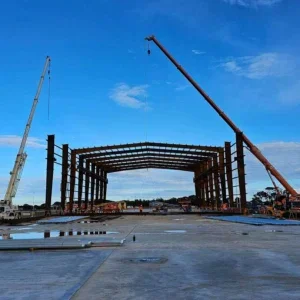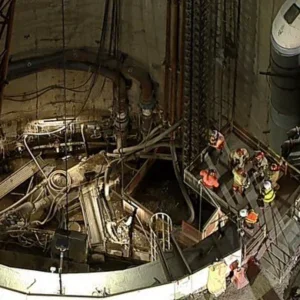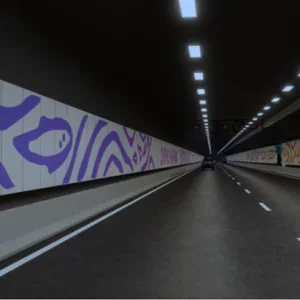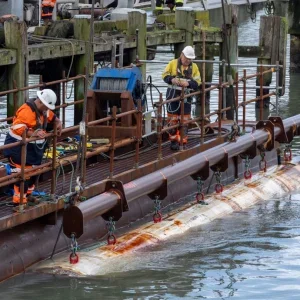The award acknowledges five years of work, led by HS2 Ltd and companies in its supply chain, to ensure Britain’s new high-speed railway is designed to be inclusive and accessible to all.
As part of its inclusive design approach, HS2 has held focus groups, virtual reality simulations and live testing sessions with charitable organisations, community groups and individuals with disabilities and protected characteristics. User experience sessions have played a pivotal role in determining appropriate lighting levels in stations, signage, and the height, size and placement of seating on trains, platforms and concourse areas.

The bespoke design approach was found to exceed the legal and moral responsibilities of inclusivity and diversity.
HS2 inclusive design lead Neil Smith said the organisation was delighted to received the award. “HS2 is the first new railway to be built north of London in over 100 years, so this is a unique opportunity to address the day-to-day challenges that so many passengers face,” he said.

“The CIC has recognised our commitment to ensuring that everyone has a great experience on HS2, whether visiting our stations, travelling on our trains, or working in our depots. Our spaces are designed with a ‘people first’ approach and we’re exceptionally proud of that.”
All HS2 stations and train to platform interfaces will be step free. Signage is designed to help passengers with both hearing and visual impairments, and lighting levels and quiet spaces will be designed with neurodivergent people in mind.
To achieve recognition from CIC, HS2 Ltd was required to show how it supported the organisation's six essential principles. This included the appointment of an inclusivity champion at board level and examples of how accessibility was considered at all stages of the design and procurement process. CIC chief executive Graham Watts said HS2 had shown its commitment to inclusion was ingrained in the organisation and project delivery.
“It is wonderful to see such a large infrastructure organisation pave the way for inclusivity for their passengers building a railway that can span future generations,” he said.







